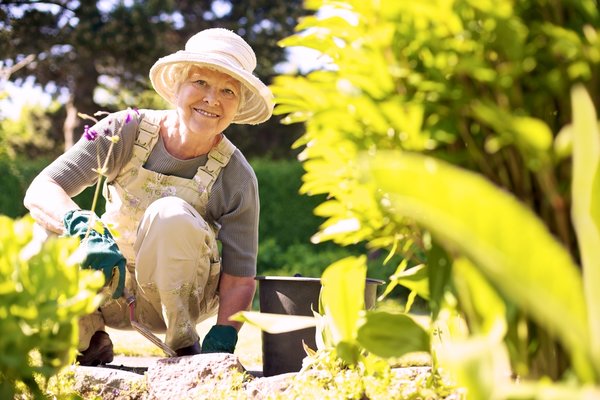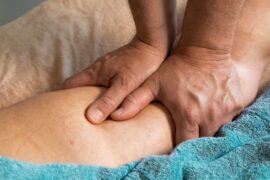It is inevitable that as a person ages they will begin to slow down and may even experience some mobility issues. However, this does not necessarily mean they cannot remain active and continue with activities and the sports they enjoy, these may just have to be adapted for suitability.
Staying active is highly important for both mental and physical wellbeing, and here, live in care agency, Elder, discuss just some of the benefits of staying active along with some different ways to engage in gentle exercise.
Benefits Of Remaining Active
Not only can exercise and staying active be fantastic for our physical health – helping to reduce the risk of heart disease, strokes, type two diabetes along with some cancers – it can also be amazing for our mental wellbeing.
Physical exercise and activity have been shown to boost mood and self-esteem, lower stress levels and help with sleep quality. In addition to these numerous benefits, staying active is highly beneficial as we age, helping to retain independence for longer.
Daily Walks
A low impact exercise, taking part in a daily walk can be a great way to achieve gentle exercise, and get moving. Doctors recommend 150 minutes of exercise per week, and a daily half hour walk can help to go above and beyond this goal.
Walking doesn’t necessarily have to mean donning your boots and heading out to the countryside, it can include taking a brisk walk to the shops or even just taking a stroll round the garden. As part of elderly care, it’s important where possible, to incorporate a walk into daily activities.
Household Chores
A simple way to stay active, along with retaining independence, is to continue with household chores. If your loved one has support from a live-in carer, or perhaps lives in a care home, chores can be set out such as folding towels, dusting or wiping down windows.
Daily activities and routines such as taking part in chores can also be highly beneficial for someone living with dementia, to help spark memories and continue with familiar activities.

Gardening
A popular hobby, gardening can be fantastic for getting some gentle exercise whilst exploring the senses and providing relaxation. If kneeling amongst the flowerbeds is not an option, then why not set up a planting station at seated height where using a trowel, planting seeds, or watering the plants can be achieved?
Gardening is also hugely beneficial for promoting confidence and boosting self-esteem, as the plant grows and develops each day.
Seated Exercises
For those who need increased care or who have limited mobility, seated exercises are a popular option and can include a variety of different activities. Things such as seated yoga, stretches, leg lifts or lifting weights can help to get the body moving.
Cooking
While not ordinarily considered exercise, for those with mobility limitations, cooking can in fact be a great way to get moving and stay active. Activities such as whisking, kneading, and stirring can be great for improving strength and balance. Remember to consider safety when working in a kitchen and choose activities which are suitable for the person’s ability.
There are many different ways to stay active as you age, but it’s important to consult a health professional before taking part in any strenuous exercise or activity. Low impact and daily exercise can be brilliant for retaining activity levels for longer and adapting familiar hobbies to suit mobility can be a great way to stay active.
*collaborative post



































